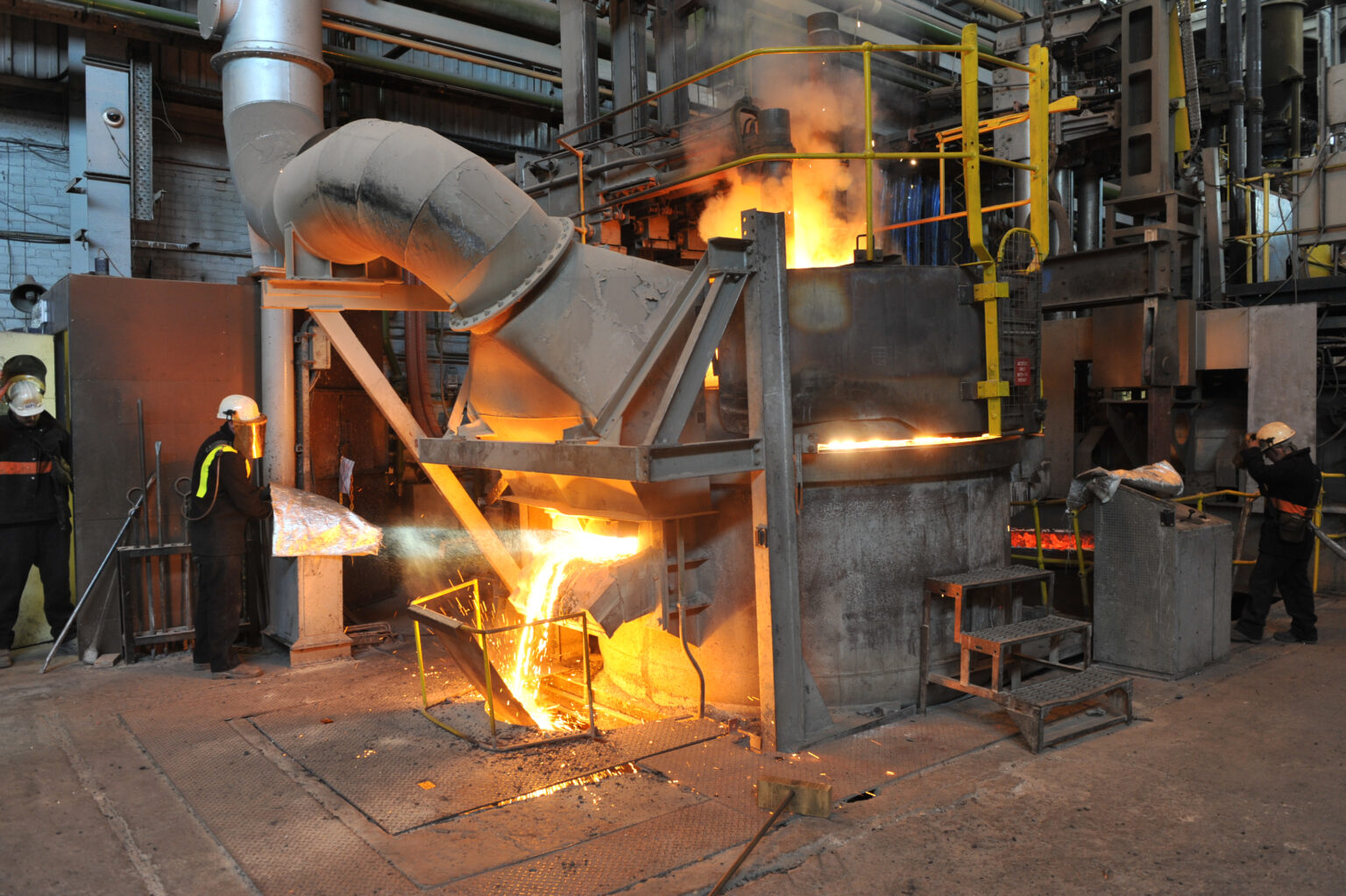
We are delighted to announce our investment in Cambridge Electric Cement as part of a £2.25m seed funding round, by our University of Cambridge Enterprise Funds. Cambridge Electric Cement (CEC), a sustainable cement spin-out from the University of Cambridge, has developed the world’s first process for making low carbon, recycled cement, by processing it through the same electric arc furnaces (EAFs) as those used in steel recycling.
CEC was founded in 2022 to commercialise low carbon cement research by academic co-founders Professor Julian Allwood, Doctor Cyrille Dunant, and Doctor Pippa Horton. CEC’s breakthrough process co-recycles steel and cement to produce a low carbon, circular cement product that offers a very low emissions , circular, and scalable alternative to existing cement production. CEC’s cement product targets a direct replacement for current Portland Cement (i.e. CEM I), delivering equivalent performance without the negative environmental impact.
The team at CEC working with its established industry partner network – AtkinsRéalis, Balfour Beatty, CELSA UK, Day Group, Materials Processing Institute, and Tarmac – on the ‘Cement 2 Zero’ industrial demonstrator project to certify and commercialise the product initially in low-risk, non-structural construction applications. By combining transformational sustainability impact with its scalable, low capex model, CEC’s proposition offers a unique advantage over current technologies.
The key innovation is the substitution of recovered cement paste (RCP) for the lime used in the steel recycling process. Critically, CEC has proven that electric arc furnaces (EAFs) provide the right conditions to reactivate RCP extracted from old concrete waste, without interfering with the steelmaking. This co-production process avoids both the kiln-related energy and calcination process emissions from conventional cement production, and leverages existing steelmaking infrastructure. The team’s scientific research continues not only at the University of Cambridge, but also with research teams at the University of Warwick and Imperial College lead by Zushu Li and Rupert Myers, leveraging £2m funding from the Engineering and Physical Sciences Research Council (EPSRC).
This £2.25 million seed funding round was led by decarbonisation-focused Zero Carbon Capital, investing alongside existing investor Legal & General, Cambridge Enterprise Ventures, Parkwalk Advisors, Delph25, and Almanac Ventures. This investment will enable CEC to industrialise production of its sustainable cement at CELSA UK’s EAF facility in Cardiff, deliver a real-world construction demonstrator, and advance offtake agreements with partners and customers.
For further information, please see the full press release here.
